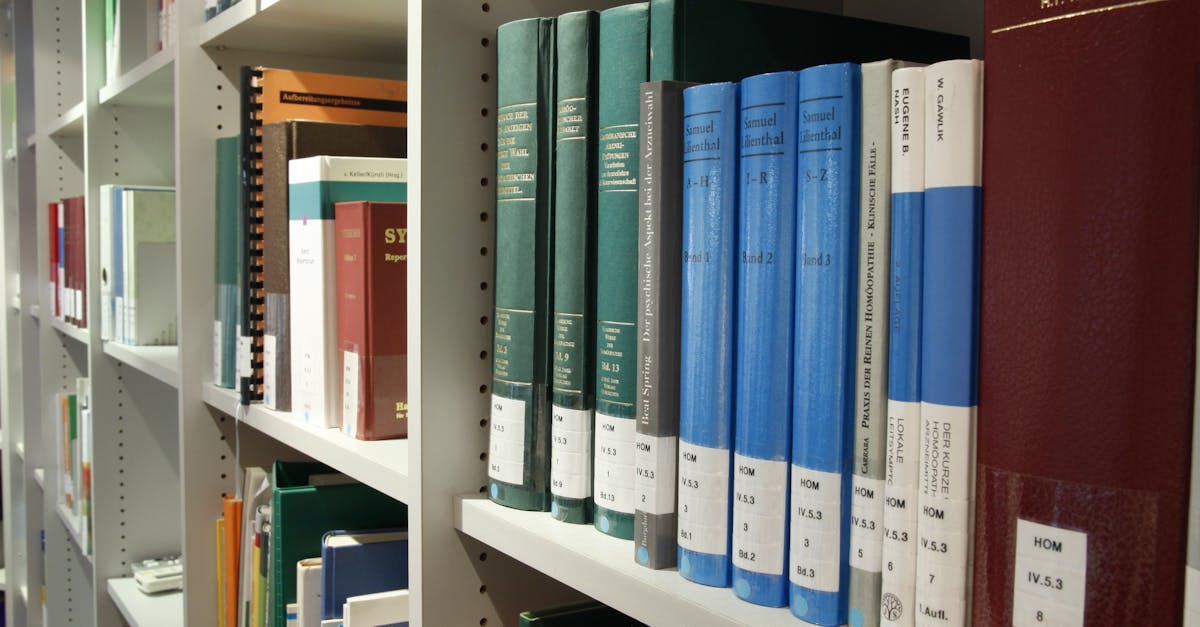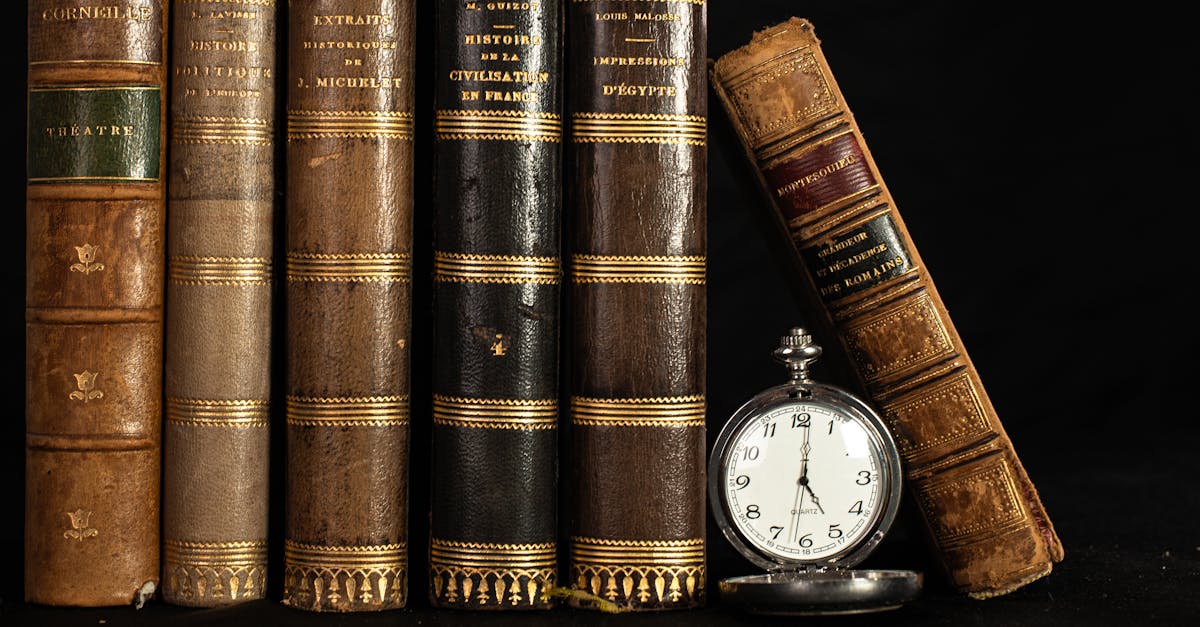The Rise of Digital Archives for Book Lovers
Introduction
In the age of digital transformation, literary enthusiasts find themselves amid a revolution that promises to redefine their reading experience. The rise of digital archives has unlocked a world previously constrained by physical limitations, offering access to millions of books and manuscripts with just a few clicks. This transformation not only broadens the access to literature but also allows for deeper engagement with texts. As e-libraries and virtual repositories proliferate, book lovers can now discover rare and out-of-print works from the comforts of their homes. Indeed, the digital realm presents an opportunity to revisit classics with insightful annotations and enjoy interactive book experiences. For bibliophiles, digital archives are gateway to an infinite library.
Advertisement
Unprecedented Access to Literature
Digital archives have exponentially increased the accessibility of literature in unprecedented ways. Online platforms like Project Gutenberg and Google Books have amassed an impressive collection of texts, democratizing access to knowledge. Whether you're in a bustling metropolis or a remote village, digital archives eliminate geographical barriers, offering books at your fingertips. This ease of access allows book lovers to explore new genres, authors, and cultures, often for free or at minimal cost. Moreover, these archives house a treasure trove of rare and antique works, granting readers access to materials that would otherwise remain locked away in restricted collections. Thus, the rise of digital archives signifies a profound shift in the accessibility of global literature.

Pixabay/Pexels
Advertisement
Preservation of Historical Texts
Digital archiving plays a vital role in the preservation of historical texts that might otherwise fall victim to time. Libraries and universities worldwide have undertaken initiatives to digitize fragile manuscripts, thereby protecting them from physical degradation. With the advent of technologies like high-resolution scanning and optical character recognition, these precious documents are accurately replicated and made widely accessible. This digitization ensures that invaluable cultural and historical artifacts are preserved for future generations, opening doors for extensive academic research. It also allows book lovers to explore the breadth and depth of human history through primary sources, fostering a greater appreciation for literary heritage. Certainly, digital archives stand as guardians of our literary past.
Advertisement
Interactive and Enhanced Reading Experience
The digital age facilitates an interactive reading experience that was previously unattainable. E-books now come with features like in-text annotations, translations, and hyperlinked references, allowing readers to probe deeper into the text. Multimedia elements, such as audio enhancements and video clips, augment the storytelling experience, making reading more immersive. Interactive features engage multiple senses and appeal to diverse learning styles, broadening the appeal of reading as a hobby. Book lovers can annotate their digital copies, discuss in virtual book clubs, or even directly interact with authors through online platforms. This enriched experience redefines the act of reading, transforming it from a solitary activity into a dynamic, communal interaction.
Advertisement
Supporting Independent Authors
Digital archives serve as a powerful platform for supporting independent authors who might struggle to find representation in traditional publishing. By providing a low-barrier entry point, these platforms allow writers to self-publish and reach audiences worldwide. This democratization of publishing gives rise to diverse voices and a variety of perspectives, enriching the literary landscape. Readers can discover hidden gems that might be overlooked by mainstream publishers. This innovation not only fosters a more inclusive literary community but also creates an ecosystem where books are valued for their content rather than the prestige of the publisher. Consequently, digital archives empower both authors and readers to explore and appreciate a wider spectrum of stories.
Advertisement
Challenges and Limitations of Digital Archives
Despite their advantages, digital archives come with their own set of challenges. The issue of digital rights management (DRM) often restricts how digital books are accessed and shared, sometimes limiting the reader's freedom. Additionally, the lack of a tactile experience associated with physical books is a frequent lament among traditionalists. Concerns about the longevity and security of digital formats also persist, as evolving technology might render current formats obsolete. Furthermore, the reliance on screen-based reading may contribute to digital fatigue, potentially detracting from the overall experience. Addressing these challenges is critical to maximizing the benefits while minimizing the drawbacks inherent in digital archiving.
Advertisement
The Role of Libraries in the Digital Age
Public libraries, cornerstones of knowledge dissemination, have had to adapt to the digital transformation. Many libraries now offer an extensive collection of e-books available for borrowing, alongside traditional lending services. By embracing digital archives, libraries expand their offerings and reach a wider audience, including those unable to visit in person. Some libraries provide access to exclusive online repositories and databases, bridging the gap for those without personal e-library subscriptions. By doing so, libraries remain relevant in the digital age, upholding their mission of knowledge accessibility in an evolving landscape. As purveyors of both print and digital resources, libraries continue to play an indispensable role in the literary love affair.
Advertisement
Future Prospects of Digital Archives
As technology progresses, the potential for digital archives appears limitless. Enhancements in artificial intelligence could bring forth personalized reading experiences, suggesting books based on past preferences and interests. Augmented reality (AR) might provide visual annotations or immersive historical contexts to supplement reading. With increasing global cooperation, linguistic barriers could diminish as archives integrate comprehensive translation services. Moreover, blockchain technology could revolutionize rights management, creating a transparent and user-friendly system for access and sharing. These advances could revolutionize the reader's journey, making it ever more engaging and tailored to individual preferences.
Advertisement
Impact on Society and Culture
The impact of digital archives extends beyond individuals, influencing broader societal and cultural landscapes. With greater access to literature, educational disparities can be bridged, promoting lifelong learning and intellectual growth. Digital archives democratize information, allowing underrepresented groups to express their narratives and share them globally. By fostering a more inclusive world of literature, digital archives encourage empathy and cross-cultural understanding. They also challenge traditional publishing norms, prompting discussions on the value and dissemination of written works in the digital era. In this way, the digital archive movement contributes to a more egalitarian and connected global society in which literature remains a vibrant, unifying force.
Advertisement
Conclusion
The proliferation of digital archives presents an exciting evolution in the world of literature, enhancing accessibility and transforming the reader's experience. These platforms serve as guardians of literary heritage while propelling modern and diverse narratives into the spotlight. While challenges persist, solutions promise to optimize the digital reading landscape, ensuring longevity and sustainability. For book lovers worldwide, the digital archive era heralds new explorations and literary discoveries. Ultimately, the rise of digital archives represents a vital cornerstone in the future of reading, inviting bibliophiles to embrace new modes of literary engagement.
Advertisement


